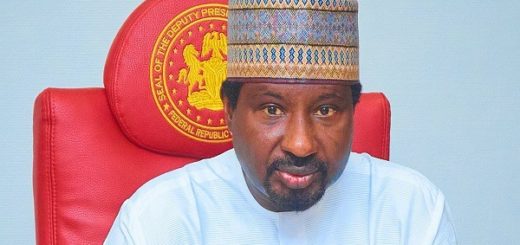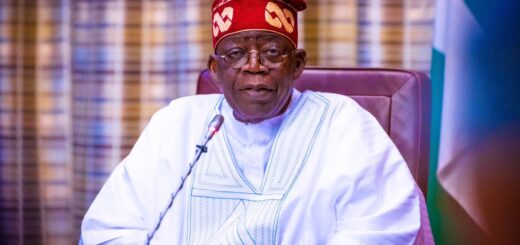Investigative journalist Fisayo Soyombo thanks Nigerians after release from army detention
 Investigative journalist, Fisayo Soyombo, has thanked Nigerians and the media for their solidarity and advocacy, which he says were instrumental in securing his release from Nigerian Army’s detention.
Investigative journalist, Fisayo Soyombo, has thanked Nigerians and the media for their solidarity and advocacy, which he says were instrumental in securing his release from Nigerian Army’s detention.
In a statement on Saturday, following his release , Soyombo who was arrested in the early hours of Wednesday and detained for three days, recounted his experience, detailing how he was interrogated extensively on the day of his arrest and kept in a cell overnight.
By Thursday, however, he said the expected follow-up questioning did not hold, and he was informed that the Army intended to take its time with investigations into his identity as an investigative journalist.
He wrote, “’Nigerians are not worth fighting for.’ I hear that every now and then, and I’ve always disbelieved it.
“Yesterday, you proved me right. You all are the reason my detention by HQ Nigerian Army lasted ‘only’ three days. I’m a free man today because of your social media engagements with #FreeFisayoNow and the publications/broadcasts by the traditional media. And I can prove it.
“After my arrest at about 2am on Wednesday, I was grilled by different levels of the Army until deep into the night. I didn’t return to my cell until at least 11pm on Wednesday. My case was then forwarded to a superior office that was to interrogate me on Thursday.
“Surprisingly, Thursday was uneventful; from morning until night, this office never sent for me. I soon learnt the Army would take ‘as long as it wanted’ to conduct their ‘investigation’ just to establish that I was indeed an investigative journalist.”
He added that breakthrough came on Friday morning when he was being transferred to the Military Intelligence Brigade.
He said a chance encounter with an officer who recognised his name as being “in the news” became the turning point in his release.
Soyombo, acknowledging the groundswell of public support said, “The hashtag #FreeFisayoNow trended widely across Nigerian social media platforms, garnering the attention of human rights activists, journalists, and concerned citizens. Traditional media outlets also amplified the campaign, raising questions about press freedom and the right to due process.
“To my utmost surprise, on Friday morning, at about 11am or thereabouts, I was retrieved from my cell for transfer to the Military Intelligence Brigade (MIB). It was during the transfer that someone who ran into me asked to know my name, after which they said: “You’re the one; you’re in the news.”
Reflecting on the collective efforts that led to his freedom, Soyombo said, “Without your pressure, I’d still be in that cell by now, away from civilisation and held incommunicado. So, yes, my freedom is your freedom. This victory exists because of you, you and you. Thank you!”













